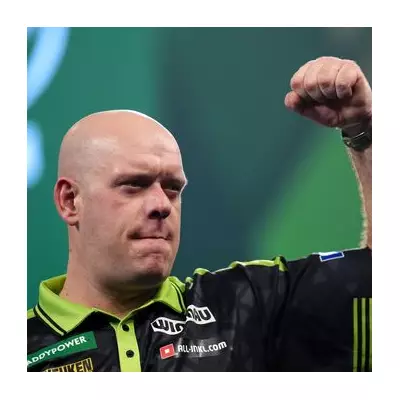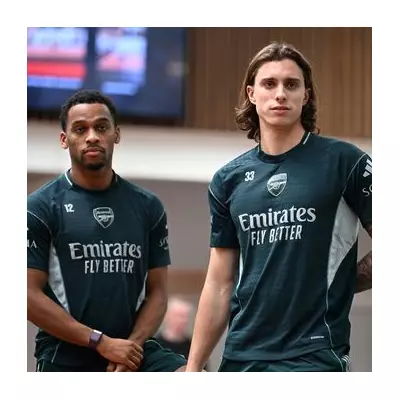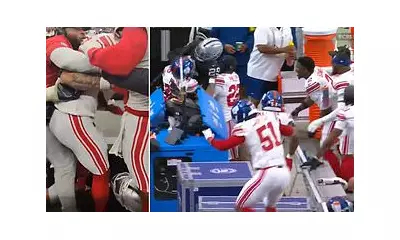
Sir Jim Ratcliffe, the INEOS billionaire and Manchester United's new minority owner, has sent shockwaves through the Premier League with his controversial suggestion that Tottenham Hotspur's state-of-the-art stadium could temporarily host Manchester United matches.
The Stadium Sharing Proposal That Divided Football
During discussions about Old Trafford's much-needed redevelopment, Ratcliffe floated the idea of using Tottenham's magnificent 62,850-seater arena as a potential temporary home for the Red Devils. The revelation came as Ratcliffe admitted the staggering cost and complexity of rebuilding United's iconic home ground.
"We have a fantastic brand at Manchester United, but our stadium is arguably not the finest in the world today," Ratcliffe told the Daily Mirror. "Tottenham have a fabulous stadium, there's no doubt about that. We could use it while we rebuild Old Trafford."
Fan Backlash and Social Media Storm
The suggestion immediately triggered fury among both Manchester United and Tottenham supporters. United fans expressed horror at the prospect of playing home games at a rival's stadium, while Spurs supporters mocked the idea of sharing their £1 billion home with their Premier League competitors.
Social media platforms exploded with reactions, with many fans calling the proposal "unthinkable" and "a betrayal of club heritage." The very notion of United playing at what many consider a rival's ground struck at the heart of football tribalism.
The Old Trafford Redevelopment Challenge
Ratcliffe's comments highlight the enormous challenge facing Manchester United's stadium future. The INEOS chief revealed three potential options for Old Trafford:
- Complete redevelopment of the existing stadium
- Building an entirely new ground on adjacent land
- A hybrid approach combining both strategies
"The cost of building a new stadium would be around £2 billion," Ratcliffe revealed, emphasising the scale of investment required to restore United's home to world-class status.
Premier League Precedent and Practical Realities
While stadium sharing isn't entirely unprecedented in English football, the suggestion of two major Premier League rivals cohabiting represents uncharted territory. The proposal raises practical questions about scheduling, revenue sharing, and maintaining each club's unique matchday identity.
As the football world digests Ratcliffe's bold thinking, one thing remains clear: any temporary move away from Old Trafford would need to balance modern commercial realities with the deep emotional connections that define English football culture.
The debate continues as Manchester United fans await concrete plans for their stadium's future, hoping any solution preserves the magic of the Theatre of Dreams while embracing 21st-century facilities.





